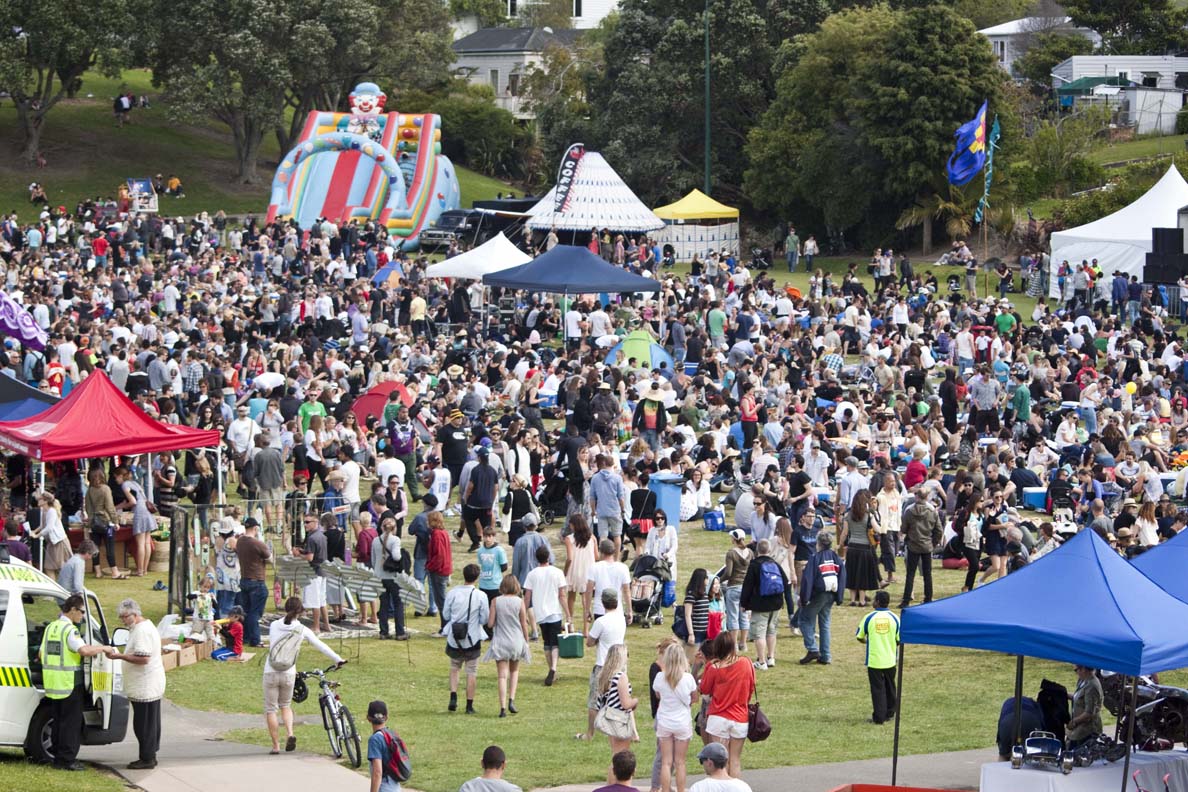This report presents a summary of the demographic characteristics of 2016 Auckland Council election candidates, as well as a comparison between candidates and the Auckland adult population (aged 18 years and older).
The analysis shows that, for the 2016 Auckland Council election:
- Female candidates were underrepresented within the total candidate pool. A higher percentage of female candidates were elected than male candidates, however, resulting in a representative balance of male and female elected members.
- The age distribution of candidates tended to be skewed toward older age groups compared to that of the Auckland adult population. Three-quarters (76%) of all candidates were aged 45 years and over, compared to just under half (48%) for the Auckland adult population.
- European candidates were overrepresented within the total candidate pool (76% of all candidates identified as European, compared to 60% of the Auckland adult population). Māori and Pacific Peoples were represented at a similar rate to the Auckland population and Asian candidates were notably underrepresented in the total candidate pool. The latter three broad ethnicity groups were elected at lower rates than European candidates, resulting in an underrepresentation of all three groups amongst elected candidates.
- Candidates were more likely to be born in New Zealand than the Auckland adult population, with 75 per cent of candidates born in New Zealand, compared to 54 per cent of the Auckland adult population.
- Almost one third (29%) of candidates were able to hold a conversation in at least one language other than English. This percentage was somewhat lower amongst elected members (18%). Candidates reported being able to speak a range of languages, with English (100%), Māori (5%), Samoan (5%) and Hindi (3%) being the most common.
Auckland Council technical report, TR2017/017.
See also:
Auckland Council elections candidate experience survey 2016, TR2017/004
Auckland Council candidate survey. A summary of 2016 results
